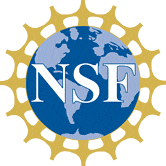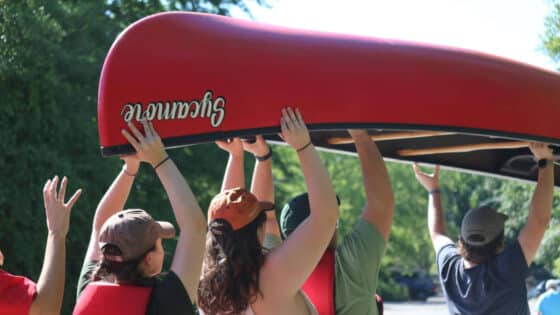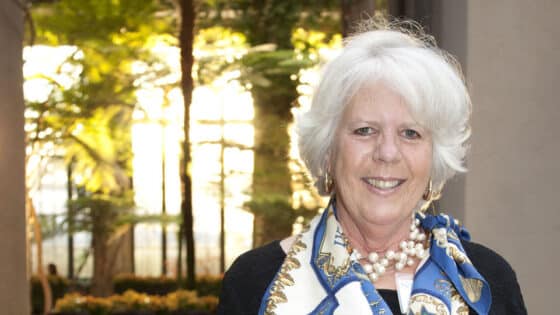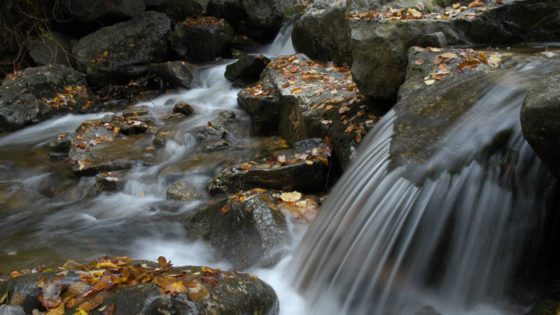Every day in the United States, water glasses are filled, toilets are flushed, and laundry is washed. The need for clean fresh water is constant. Also needed are the water professionals who ensure that water makes it safely from source to tap and back again.
Engaging students in water concepts and preparing them for careers in science, technology, engineering, and math (STEM) will be the subject of a collaborative project between Stroud Water Research Center, the Concord Consortium, and Millersville University.
Building a Curriculum for Students of All Abilities
The Watershed Awareness Using Technology and Environmental Research for Sustainability (WATERS) project will focus on a targeted goal: to build, deploy, and research a student-centered, universally accessible curriculum for students of all abilities to learn water concepts and about water careers. The resources and curriculum will include Spanish translation for English Language Learners (ELL) along with reading comprehension, color blindness, supports for physical limitation, and other features of universal design for learning.
The project will introduce students in middle school classrooms nationwide to hands-on, inquiry-based learning activities based on real national and local water issues such as pollution, flooding, and drought.
Some of the activities will feature successful, award-winning tools the Stroud Center and its partners have already developed, including the Leaf Pack Experiment, Model My Watershed®, and the Water Quality App™.
Recruiting Master Teachers
Dan Daneker, Ed.D., the science and technology subject area supervisor for the Conestoga Valley School District, will recruit and support master teachers from Pennsylvania who participate in the project: “From the real numerical data in Model My Watershed to the live (and local) critters in the leaf packs, students can experience real science that is relevant to the content we are tasked to teach.” Additional teachers will be recruited in two other state cohorts (Virginia and California) to implement the curriculum and participate in the educational research.
Steve Kerlin, Ph.D., the Stroud Center’s education director, said, “Through this curriculum, we want students to feel empowered to pursue STEM careers and solve problems related to their water resources.” As the principal investigator on the project, he will lead the Stroud Center’s team: Diana Oviedo-Vargas, Ph.D., Melinda Daniels, Ph.D., and Tara Muenz.
WATERS will reach beyond the teachers and students directly engaged in the project by making all products — including curricula, apps, and teacher guides — available for any educator to use.
Chrissy Houlahan, who represents Pennsylvania’s 6th Congressional District, said, “I am excited to see what the Stroud Center does with this grant opportunity. As an engineer and former science teacher, I know how much our community stands to benefit when our young people are inspired from an early age to pursue STEM education and careers and to explore innovative ways to protect our environment.”
 The new three-year project has been funded by a grant (#1849719) from the National Science Foundation’s Innovative Technology Experiences for Students and Teachers (ITEST) program.
The new three-year project has been funded by a grant (#1849719) from the National Science Foundation’s Innovative Technology Experiences for Students and Teachers (ITEST) program.



